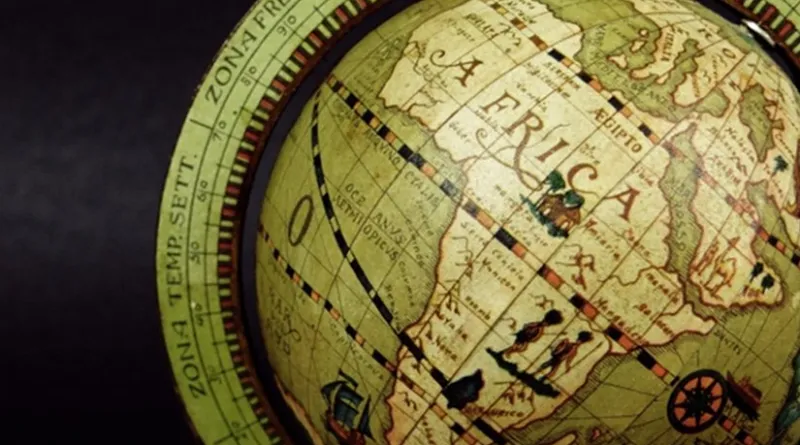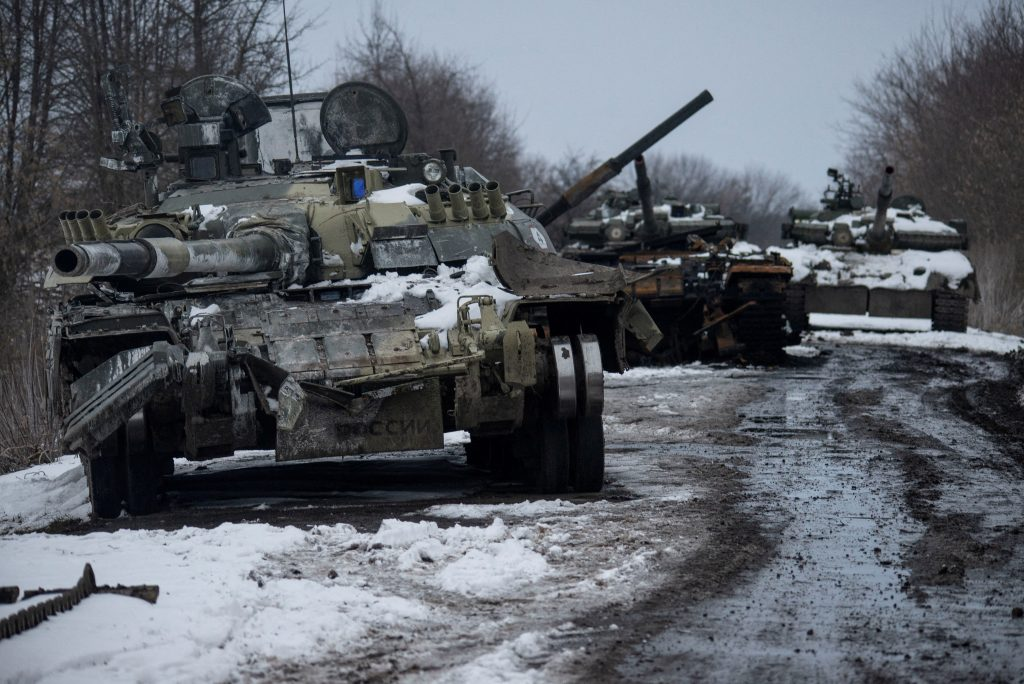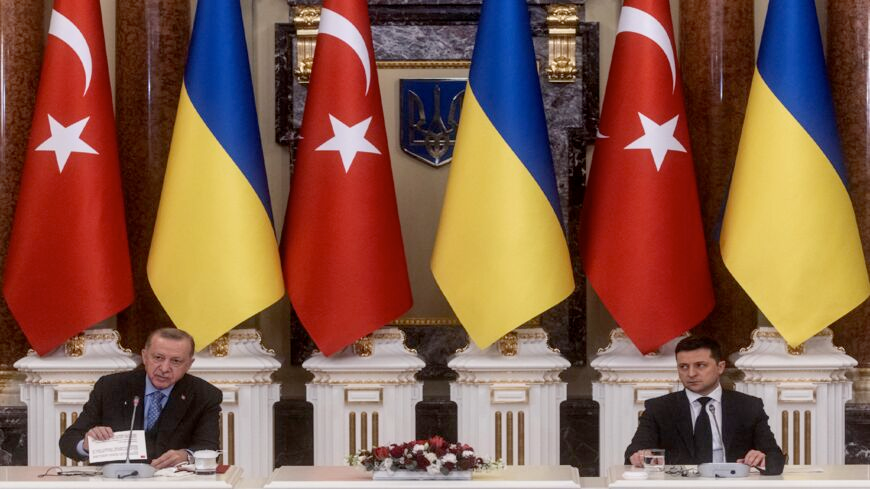Ukraine War Reveals Africa Divided

Ukraine has withdrawn an important contingent of peacekeepers from the United Nations (UN) Organization Stabilization Mission in the Democratic Republic of the Congo (MONUSCO) to defend their homeland. The move symbolises wider concerns that Europe may retreat from Africa as it confronts a growing threat from Russia that so blatantly manifested itself on 24 February.








